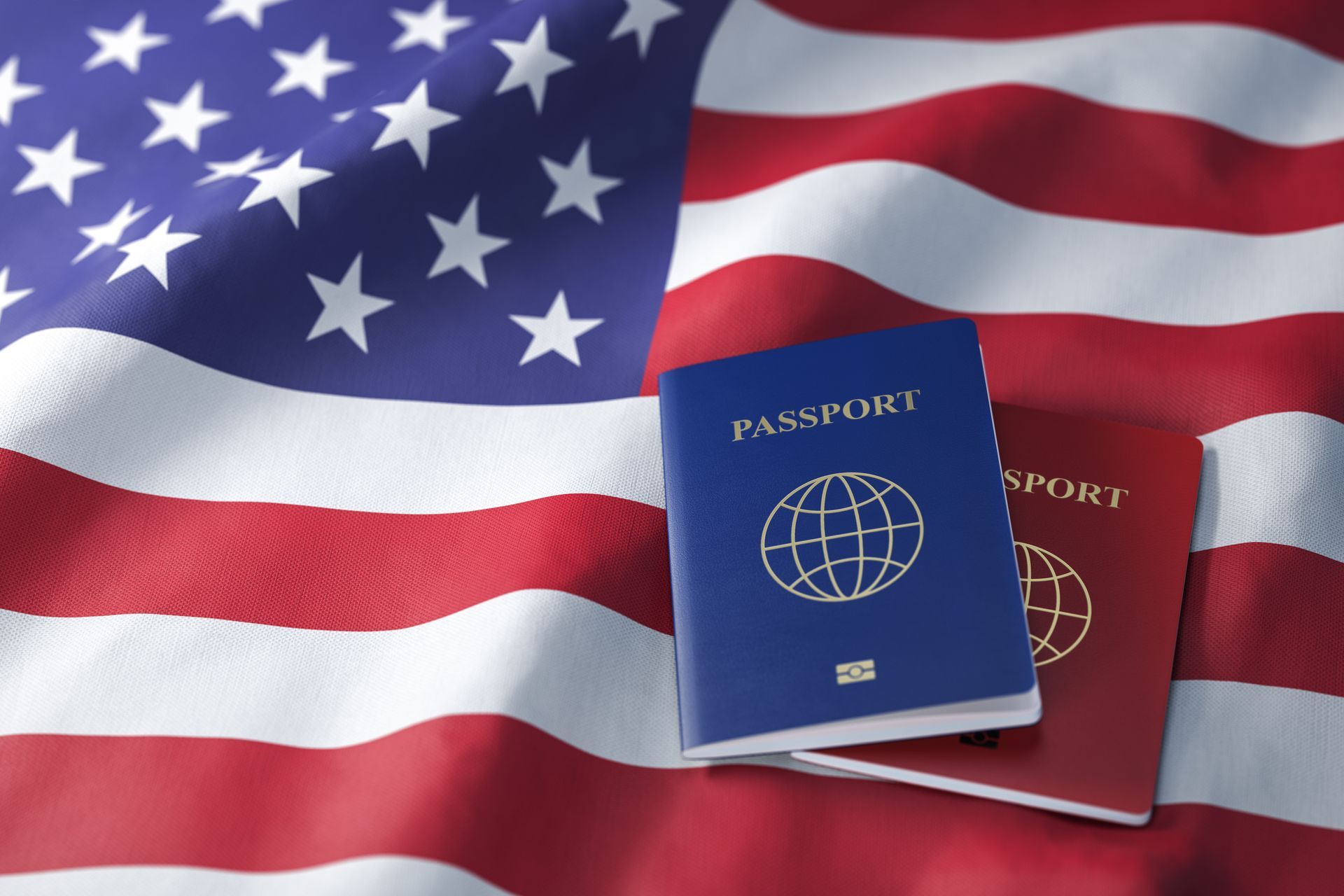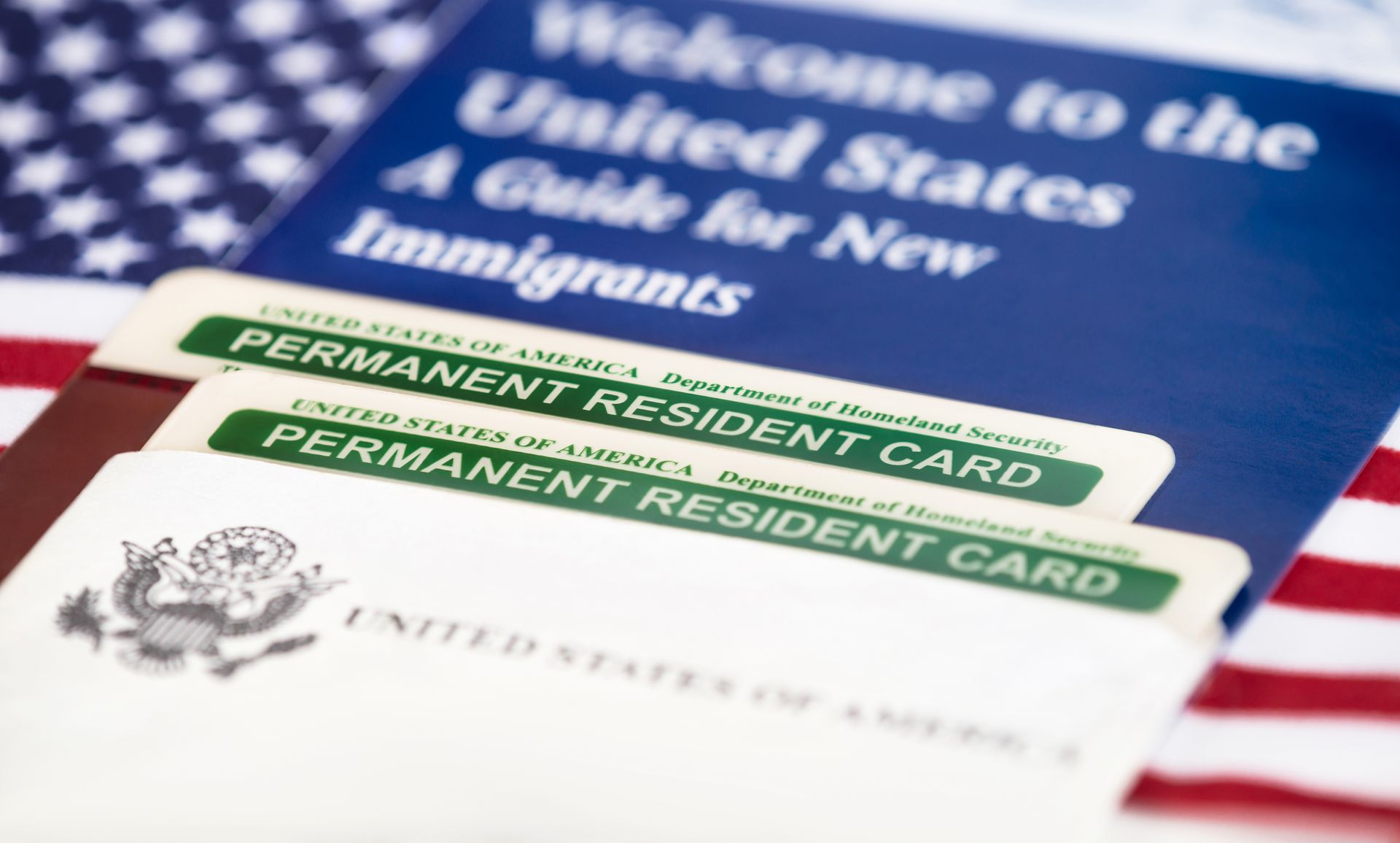Avoiding Common H2-B Visa Denials: Tips for Ohio Employers
Avoiding Common H2-B Visa Denials: Tips for Ohio Employers
The H2-B visa is a crucial tool for Ohio employers who need seasonal workers, but the application process can be complex. Your application's mistake or omission can lead to delays or denials. This post will provide practical tips to help Ohio employers avoid common pitfalls and successfully secure H2-B visas for their seasonal workers.
1. Ensure Your Business Meets H2-B Eligibility Criteria
One of the first steps in applying for an H2-B visa is confirming that your business qualifies under the requirements set by the U.S. Citizenship and Immigration Services (USCIS). Your business must demonstrate a temporary need for workers, typically for seasonal, peak load, or one-time needs. If your application lacks this critical detail, it could be denied. Ensure your request is tied to a seasonal or temporary need to strengthen your application.
2. Submit Accurate and Complete Documentation
Incomplete or inaccurate documentation is a common reason for H2-B visa denials. Employers must provide detailed proof of their seasonal labor needs, including contracts, job descriptions, and evidence of recruitment efforts. Submitting incorrect forms or missing important documents could result in a delay or denial of the petition. Double-check all forms and supporting documents to ensure they are up-to-date and complete before submission.
3. Adhere to H2-B Cap Limitations and Timelines
Each year, the U.S. government imposes a cap on the number of H2-B visas issued. Submitting your application early is essential to avoid missing the cap, which could limit your ability to hire seasonal workers. Filing after the cap is met can result in the rejection of your petition, so plan ahead and submit your petition well before the cap is reached. Be sure to track the H2-B visa issuance timeline and adhere to all deadlines to avoid unnecessary complications.
4. Provide Clear and Detailed Job Descriptions
A poorly worded or vague job description is another reason for H2-B visa denials. The job description should clearly outline the duties, skills, and qualifications required for the position, along with the exact temporary nature of the job. An unclear or generic job description might raise doubts about the necessity of hiring foreign workers, which could negatively impact your application.
5. Conduct Proper Recruitment and Provide Proof
To qualify for an H2-B visa, employers must show that they made a good-faith effort to hire U.S. workers first. This means advertising the job in a way that meets the recruitment requirements set by the U.S. Department of Labor. Failing to provide proof of proper recruitment efforts can result in denying your petition. Keep detailed records of your recruitment process, including advertisements, interviews, and other relevant information.
6. Address Any Discrepancies in Previous Petitions
If your company has previously been denied an H2-B visa, addressing any issues or discrepancies that may have led to the rejection is essential. Provide additional documentation or explanations to demonstrate how your current petition differs and meets all legal requirements. Failing to address past issues can lead to another denial, so it’s important to show that your application has been improved or corrected.
By being diligent and thorough in your H2-B visa application process, Ohio employers can avoid the common reasons for denials and successfully secure seasonal workers. Focus on clear documentation, timely submission, and proper recruitment efforts to improve your chances of approval. Working with a knowledgeable immigration attorney can also help ensure your application is as strong as possible, preventing costly mistakes and delays.










